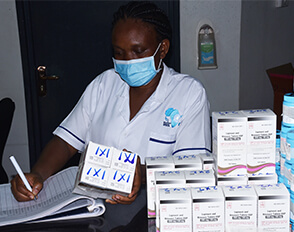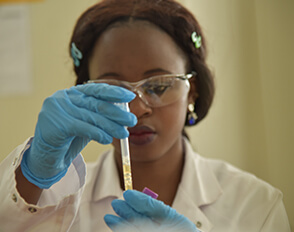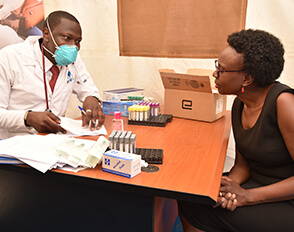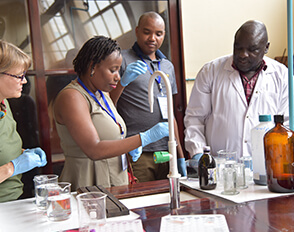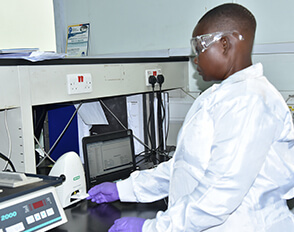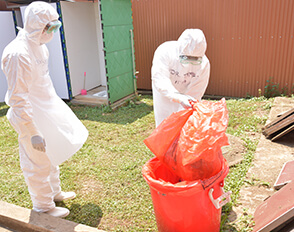
IDI partnership with R4GH contributes to global health policy on TB drug use: New York Times discusses study on TB/HIV co-infection
Tuberculosis (TB) is one of the leading infectious killer diseases worldwide, taking over 1.5 million lives per year. Treatment of TB patients lasts at least six months and can cause serious side effects making it difficult for patients to adhere. As such, in an effort to optimize TB drug use among patients with HIV, researchers from the Infectious Diseases Institute (IDI) and the University of Zurich (Researchers for Global Health (R4GH)) conducted a study on the pharmacokinetics of anti-TB drugs in TB/HIV co-infected patients. Findings revealed that the majority of patients had sub-therapeutic drug levels, and that higher doses may kill the deadly mycobacteria faster and as a result, curb transmission.
On April 6, 2018, the study findings published in the journal Clinical Infectious Diseases (CID), were discussed in the New York Times. “This study provides one piece of a larger puzzle, and it’s necessary that we have another look,” said Dr. Karin Weyer, a TB expert at the World Health Organization (WHO). Currently, a revision of WHO’s dosage guidelines for the two leading TB medications is underway, as the dosage may be far too low for patients with HIV, allowing them to remain contagious for longer than necessary. Click here to read more.

